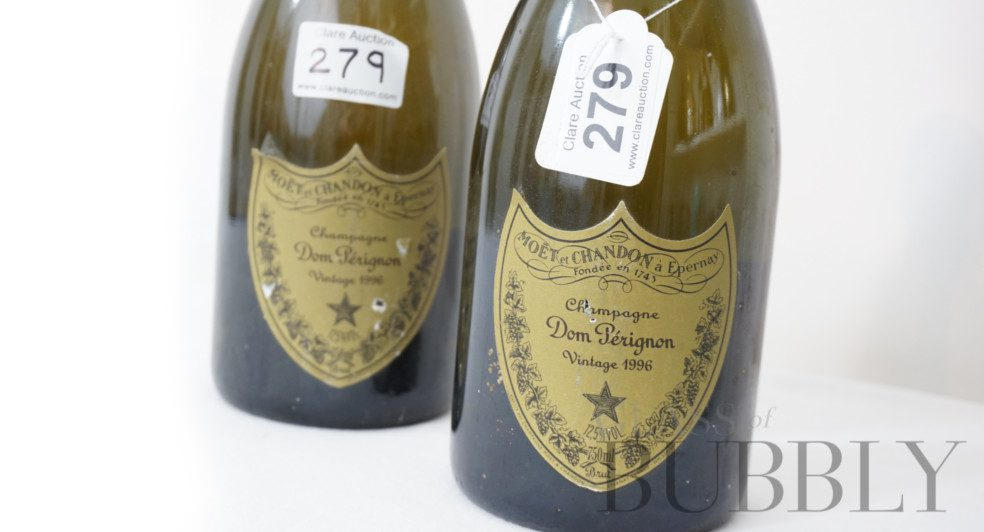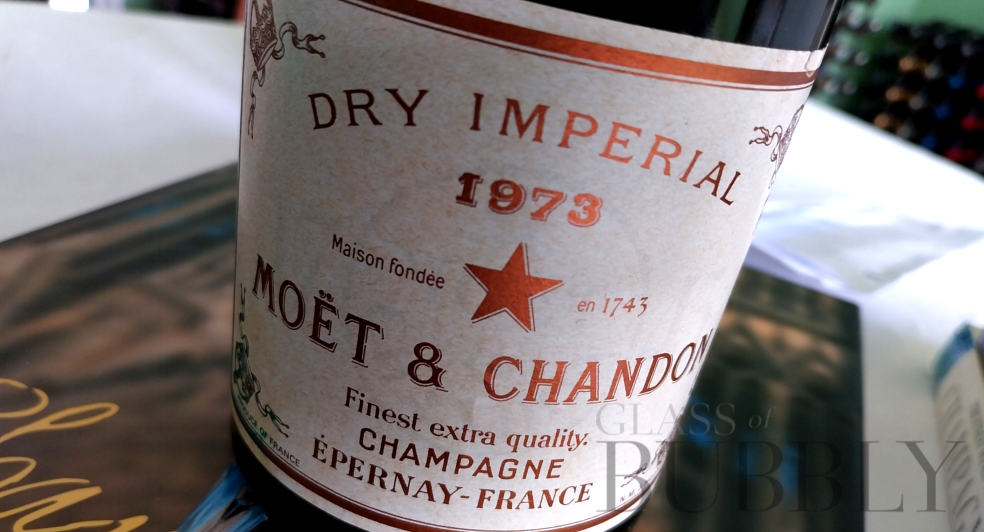Buying Champagne at Auction
8th April 2024

Many auction houses will offer buyers a great way of purchasing many of the current labels of wine / Champagne at a discounted rate compared to the prices of them at retail level. Your biggest risk will be on quality, though any fairly recently produced wines bought at auction are most likely to be performing equally as well to those you would buy from the shelves of supermarkets so I advise you to have your retail guideline prices at hand and bid yourself a bargain or two!
Another exciting opportunity within auctions is finding older vintage labels that are usually only ever discovered by auction themed concepts such as household auctions, online auctions (ie Facebook MarketPlace / eBay) or dedicated wine auction websites.
Buying vintage Champagne at Auction: Many auction houses across the country from house clearance level to fine arts & antiques fairly often offer listings themed on wine and most times these will be harder to find on the open market labels. One of the best places to purchase vintage Champagne is at auction where not only bargains can be bagged, but also rare and almost unfindable examples become available to a global network of Champagne collectors. Though auctions are usually seen to be the place to grab a bargain, especially for fine wines, you can sometimes find yourself in a bidding war to acquire that special wine.
When it comes to vintage Champagne and especially those of the 1970’s and before, there really isn’t a value index to refer to as mostly it is only when one comes up for sale that buyers have the opportunity to bid thus a current value is established.
“As with any auction, the only obstacles against you in grabbing a bargain purchase are either the reserve price or fellow bidders. I have sat at countless auctions in high anticipation of acquiring a few vintage Champagnes for my collection and I have not even had a chance to bid before we are at twice the amount I was willing to go to whereas in other auctions I am the only bidder and not even a reserve price is against me. Most times you will have competitive bidders against you both in the room and by telephone / online though there is always the ‘going rate figure’ that comes into play and the final bid is likely to be spot on that or a bid or so below or above. For vintage Champagne collectors, auction houses are where your winning bid is likely to be around 50% to 75% of the actual going rate value.” Christopher Walkey

1973 Moet et Chandon Vintage Champagne
Useful tips when buying Champagne at auction:
- Do your research prior. Mark down the value of the auction lot and if there isn’t any current indication of value, research past data and you can confidently, especially for Champagne, add £££’s to this price. You’ll be pleased to know that the value of vintage Champagne has increased in recent years and in 2024 it remains still a highly demanded commodity.
- Set your price and stick to it. For those of us less experienced with live auctions, there’s no doubt that as your auction lot approaches your heartbeat will be increased and adrenaline in full flow plus the commitment you have made to be present will tempt you to win! Do not get carried away, set yourself a ceiling price and stick to it unless of course money is no object and that single lot is your ultimate dream label.
- Study the wine(s) and know what you are bidding on. Any serious wine collector of vintage labels will tell you that it is all about the storage history. If you are wanting to open an older wine and enjoy it, then it will have to have been stored correctly and likely so for many years (how to store wine). Just because the label might look intact and clean, the wine inside might be vinegar! Check the ullage of the bottle, clarity of the wine and cork area at least. Ask if there is any history to the lot in question just in case any cellar storage can be confirmed.
- Get yourself familiar, especially with local auction houses. Not only be on their mailing lists, but also let local auction houses know that you are an avid wine / Champagne collector and for them to let you know should anything interesting be entered into forthcoming auctions. The number of times I see a lot entitled ‘Whisky and Wine’ or ‘Beverages’ and upon closer look or a request on the auction house to read through all the labels in the box of the said lot, that rare labels might be hiding away. Though the likes of Dom Pérignon, Bollinger or Veuve Clicquot will be household names and likely to feature on the auction lot description, lesser known labels such as grower Champagne will most certainly not. Even if an auction lot is titled ‘Drinks Cabinet Spirits’ you should not be afraid to ask by email / telephone or take a quick drive over to make sure there are no hidden treasures.
![]()
Christopher Walkey
Co-founder of Glass of Bubbly. Journalist and author focused on Champagne & Sparkling Wines and pairing them with foods.
